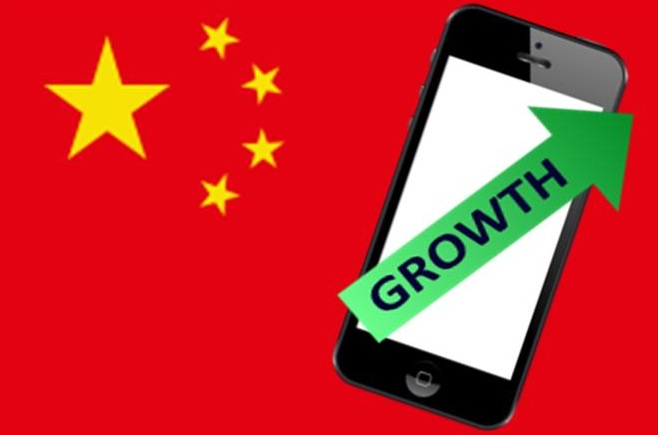Google pushing forward with interests in mobile commerce
Google muscled its way into mobile commerce only a short while ago, but the company is already working to reform its position in this competitive sector. In 2011, Google launched its Wallet platform, which allows users to make mobile payments. The Wallet was meant to be the company’s flagship in the field of mobile commerce, but received scathing reviews and suffered from technological problems. Google has been working to improve the platform ever since and believes that the Wallet is not capable of offering high quality mobile commerce services.
Checkout service to be shut down in six months
Google is so certain that the Wallet platform is ready for the limelight that the company has announced the closure of its Checkout service. Google Checkout had been used in the past to help facilitate digital payments for online merchants. The service was moderately popular, but was unable to attract the same kind of support that PayPal’s own services had attracted over the years. In six months, Google’s Checkout service will be shut down, replaced entirely by the Wallet.
Play developers to transition to Wallet Merchant Center
The transition will not only affect online merchants as many game developers also rely on the current Checkout system. Over the coming weeks, Google will be transitioning its Play developers to the Wallet Merchant Center, which will allow them to collect payments from consumers. Google believes that this will be a more intuitive system for the mobile games sector as the system itself is designed with mobile technology in mind.
Google Wallet continues to attract attention
Google aims to create a unified approach to the mobile commerce sector. While the Wallet platform received harsh criticism when it was initially launched, it has managed to attract a rather strong following. Consumers have praised the platform for the convenience it brings to the shopping experience.
 Chinese mobile commerce shows promising growth
Chinese mobile commerce shows promising growth
Mobile commerce has been making impressive progress throughout the world, but the scene has been seeing the most activity in China. The country has become a hub for mobile technology and innovation and many of the consumers living there were among the first to embrace mobile commerce. Chinese consumers have been attracted to the convenient nature of mobile payments and many have praised the services that have been opened up to them over the past two years.
Sector expected to reach $41 billion by 2015
A new report from iResearch, a market research firm, shows that mobile commerce has grown exponentially throughout China. According to the report, mobile commerce was worth $7.8 billion by the end of 2012. The report also expects this growth to continue, reaching $41 billion by 2015. While the sector has grown as a whole, one company has emerged as the dominating force in the mobile commerce field.
Taobao leads in mobile payments
Taobao, one of the largest mobile-based shopping organizations in the country, has established a formidable force when it coes to mobile payments. The company is part of the Alibaba Group, which is the most influencial online retailer in the country, eclipsing competitors Amazon and eBay. Tabao is the Alibaba Group’s consumer-to-consumer shopping platform, operating in much the same way that eBay operates in other parts of the world. The company represents more than 75% of the online retail market in China.
Retailers find success through engaging mobile consumers
Taobao, along with other retailers, has put strong focus on mobile commerce in order to appeal more to consumers tethered to smartphones and tablets. This focus has served these retailers well as consumers have shown a penchant for shopping for products even while at work or traveling. Mobile commerce allows these consumers to maintain a constant connection with retailers, allowing them to make purchases at any time they choose.


 Chinese mobile commerce shows promising growth
Chinese mobile commerce shows promising growth